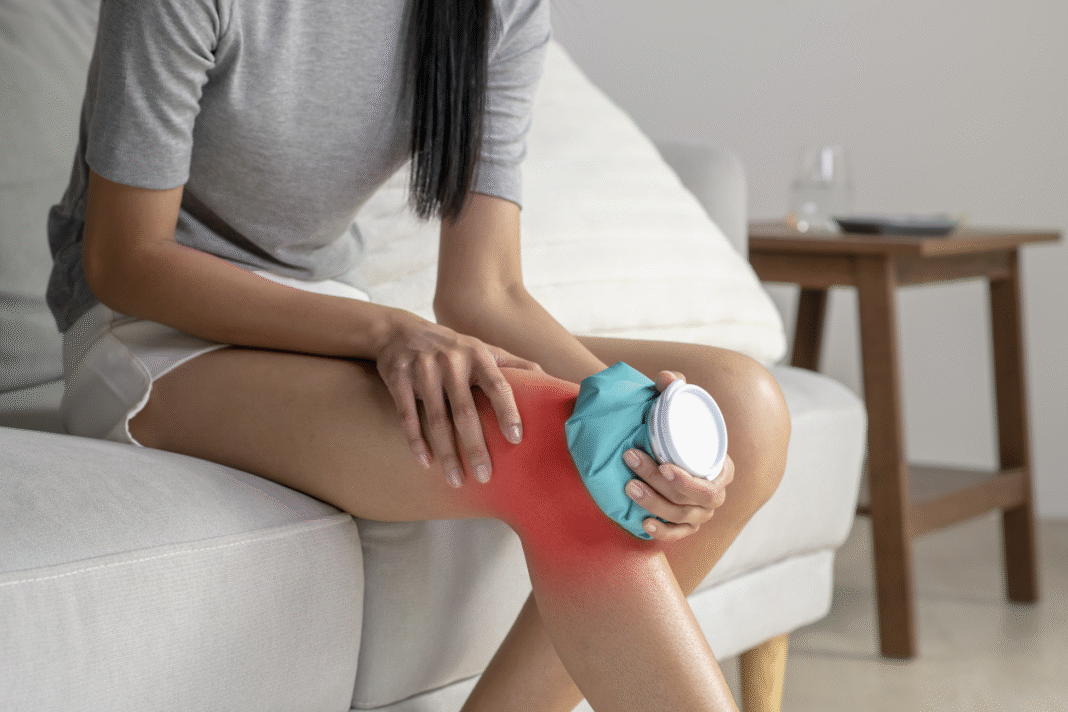Introduction
When athletes push their bodies to the limit, injuries and soreness can happen. That’s where sports medicine comes in. It’s a special field in healthcare that helps athletes heal faster, move better, and stay in peak shape. Whether you’re a professional player, weekend warrior, or school athlete, the right treatment can make all the difference in your recovery journey.
In this article, we’ll explore the best sports medicine treatments for athlete recovery, explained in easy-to-understand language. We’ll also give practical tips to help you bounce back quicker and stronger.
Rest and Active Recovery
Let’s start with the basics: rest. Taking a break gives the body time to repair muscles and tissues. But “rest” doesn’t always mean lying in bed.
- Active recovery (like light stretching, yoga, or walking) helps maintain blood flow and reduce stiffness.
- Think of it as a gentle way to keep moving without putting too much stress on your injured area.
Tip: Listen to your body. If something hurts, don’t push through the pain.
Physical Therapy (PT)
Physical therapy is one of the most common and effective recovery treatments in sports medicine.
- PT helps restore strength, flexibility, and balance.
- A trained physical therapist creates a custom program based on your injury and sport.
- They use techniques like massage, stretching, strength training, and balance exercises.
Goal: Get you back to your sport safely without re-injury.
Cold and Heat Therapy
Using ice or heat is a simple but powerful tool.
- Cold therapy (ice packs or cold baths) helps reduce swelling and numbs pain after an injury.
- Heat therapy (heating pads or warm baths) relaxes muscles and increases blood flow.
Use tip: Ice is best for new injuries, while heat works well for tight or sore muscles later in recovery.
Massage Therapy
Sports massage is more than just a relaxing experience. It actually helps improve:
- Blood circulation
- Muscle relaxation
- Recovery from soreness
- Range of motion
Regular sports massages can prevent injuries and speed up healing. Some athletes schedule them weekly during intense training.
Chiropractic Care
Chiropractors specialize in adjusting the spine and joints to improve movement and relieve pain.
- They use hands-on adjustments to reduce stiffness, headaches, back pain, and more.
- Chiropractic care can also help improve posture and balance — two things that matter a lot in sports.
Good to know: Many top athletes use chiropractors to stay aligned and improve performance.
Acupuncture
Acupuncture is an ancient Chinese treatment where very thin needles are placed at specific points in the body.
- It helps reduce pain, increase blood flow, and release natural healing chemicals.
- Many athletes find it helpful for muscle recovery and even stress relief.
Bonus: Acupuncture is natural, drug-free, and backed by science in many studies.
Cryotherapy
This high-tech treatment involves stepping into a chamber with extremely cold temperatures (sometimes as low as -200°F!).
- It reduces inflammation, soreness, and muscle pain.
- Some athletes say they feel energized and recover faster after sessions.
Reality check: It’s not for everyone, but many professional teams swear by it.
Hydrotherapy (Water Therapy)
Water-based therapy is gentle on the joints and perfect for recovery.
- Exercises in water help rebuild strength with less strain.
- Cold water plunges reduce swelling.
- Warm water therapy relaxes tight muscles.
Try this: Swim laps or do stretching in a pool during rehab — it’s fun and effective.
Electrotherapy (like TENS)
Electrotherapy uses low-level electrical currents to:
- Reduce pain
- Improve circulation
- Stimulate muscles to contract and heal
Devices like TENS (Transcutaneous Electrical Nerve Stimulation) are even available for home use.
Safe & smart: Always follow a doctor or therapist’s instructions.
Proper Nutrition and Hydration
What you eat and drink plays a huge role in recovery.
- Protein helps rebuild muscles.
- Fruits and veggies fight inflammation.
- Water keeps tissues healthy and helps flush out toxins.
Fuel up: A balanced, whole-food diet speeds healing and boosts energy.
Supplements and Recovery Aids
Some sports doctors may suggest natural or medical supplements like:
- Omega-3 fatty acids
- Vitamin D
- Collagen
- Electrolytes
These can support joint health, muscle repair, and overall recovery — but should be taken with medical guidance.
12. Platelet-Rich Plasma (PRP) Therapy
PRP is a modern treatment where a doctor uses your own blood to help you heal.
- They draw blood, spin it to separate platelets, and inject the rich part into the injured area.
- It helps speed up the body’s natural healing process.
Used for: Tendon injuries, joint pain, and even some muscle tears.
Mental Health and Recovery
Physical injuries are tough — but so is the mental part. Recovery can be frustrating.
- Sports psychologists help athletes stay focused, calm, and motivated.
- Mindfulness, breathing exercises, and visualization can speed healing.
Remember: A healthy mind supports a healthy body.
Final Thoughts
Recovery isn’t one-size-fits-all. The best sports medicine treatments for athletes combine rest, therapy, nutrition, and mental support. Whether you’re healing from a sprain, surgery, or just general fatigue, using the right mix of recovery strategies will help you return stronger than ever.
Don’t ignore pain — treat it smartly, and work with a team of professionals to get back in the game.
FAQs
Q1: How long does it take to recover from a sports injury?
A: It depends on the injury. Mild injuries like strains may take a few days, while serious ones like ligament tears can take months.
Q2: Is it okay to exercise while recovering?
A: Yes, but only light or modified activity. Always check with your doctor or therapist first.
Q3: What’s better — ice or heat for muscle pain?
A: Use ice for swelling and new injuries; heat is better for sore, tight muscles after 48 hours.
Q4: Do athletes really need physical therapy?
A: Absolutely. PT speeds healing, restores function, and prevents future injuries.
Q5: Can diet really affect how fast I heal?
A: Yes! Protein, healthy fats, and antioxidants help rebuild muscle and reduce inflammation.


